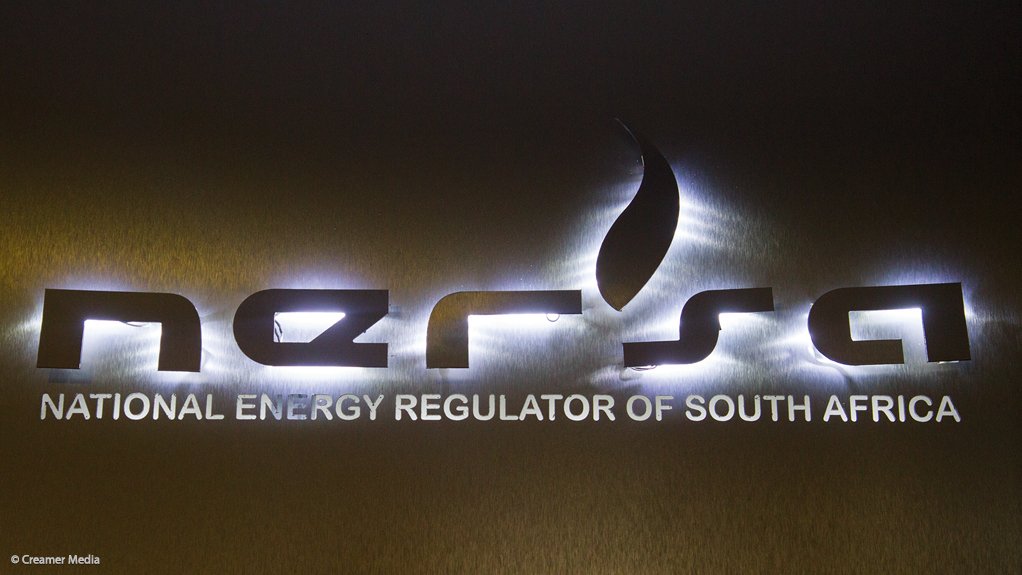Nonprofit organisation, the Organisation Undoing Tax Abuse (Outa), has welcomed the National Energy Regulator of South Africa’s (Nersa’s) decision to withdraw the proposed rules to govern the registration of small-scale embedded generation (SSEG) below 1 MW.
The proposed SSEG rules were published for public comment by Nersa on its website last month.
On Monday, Nersa executive manager for electricity regulation Mbulelo Ncetezo said the draft rules had been withdrawn until the Department of Energy (DoE) gazettes a revised notice.
Outa believes there is a lack of clarity by those in authority as to the need and purpose for the registration of SSEG.
The organisation is also concerned about Nersa’s readiness to administer the registration process, says Outa energy portfolio manager Ronald Chauke.
Earlier this month, Outa formally objected to Nersa’s proposed rules and called on the DoE to level the playing field and create an enabling environment.
Outa says the DoE should clarify to what extent the public and commercially interested entities would be empowered to introduce self-sufficiency initiatives to meet their daily electricity requirements.
“Tapping into free natural resources, such as solar and wind power, should not be controlled or subjected to an onerous registration process, especially if these systems are ringfenced and not linked to the grid,” notes Outa.
The organisation believes the new direction of energy self-sufficiency poses a significant threat to State-owned power utility Eskom’s future, with an envisaged dip in sales volumes, and that government’s unnecessary interference is likely to attract a legal challenge to the constitutionality of such actions.
Outa calls on the DoE to draft its amended regulations in such a manner that reduces government inference and encourages the promotion of the rights and processes of energy self-sufficiency in SSEG.
Additionally, Outa believes the DoE should not meddle with the safety and specifications of the requirements or standards of SSEG, as this is best overseen by the South African Bureau of Standards and other regulatory bodies – which take their guide from other countries where the specifications for solar panels, generators, wind turbines and other systems have already been set.
EMAIL THIS ARTICLE SAVE THIS ARTICLE ARTICLE ENQUIRY
To subscribe email subscriptions@creamermedia.co.za or click here
To advertise email advertising@creamermedia.co.za or click here











